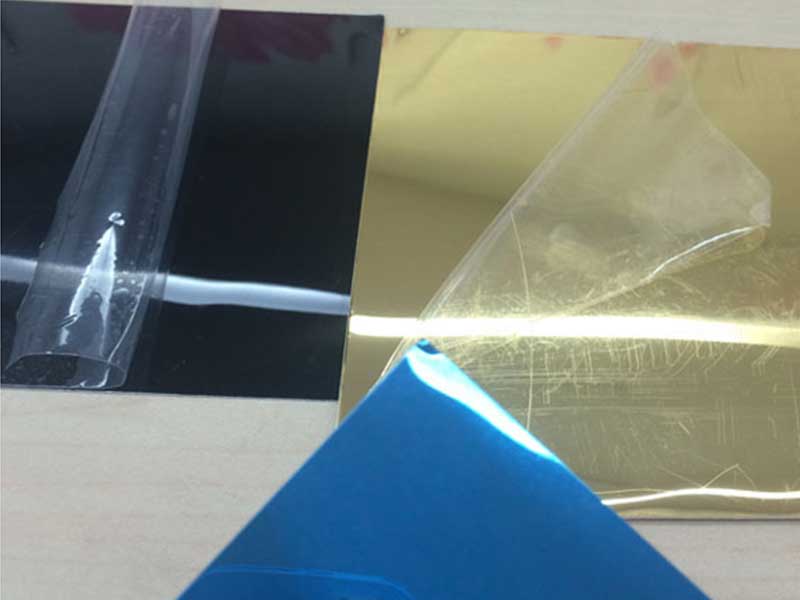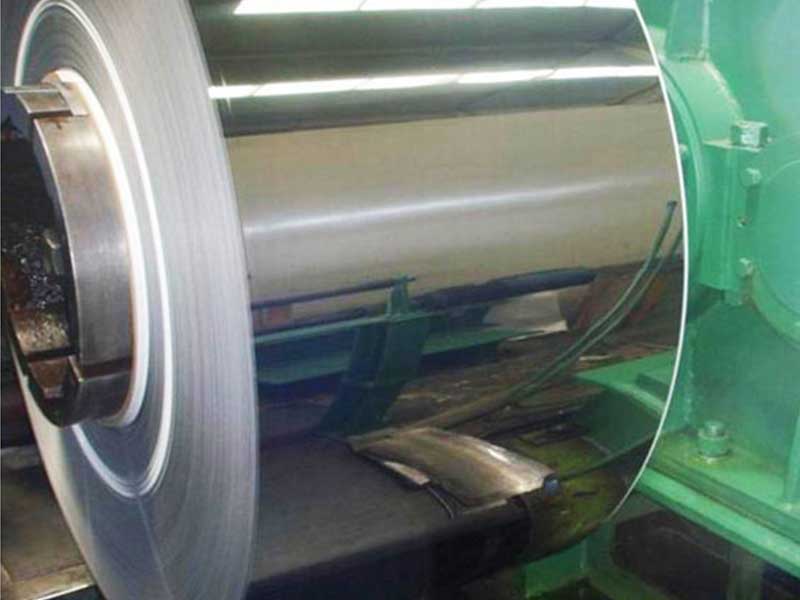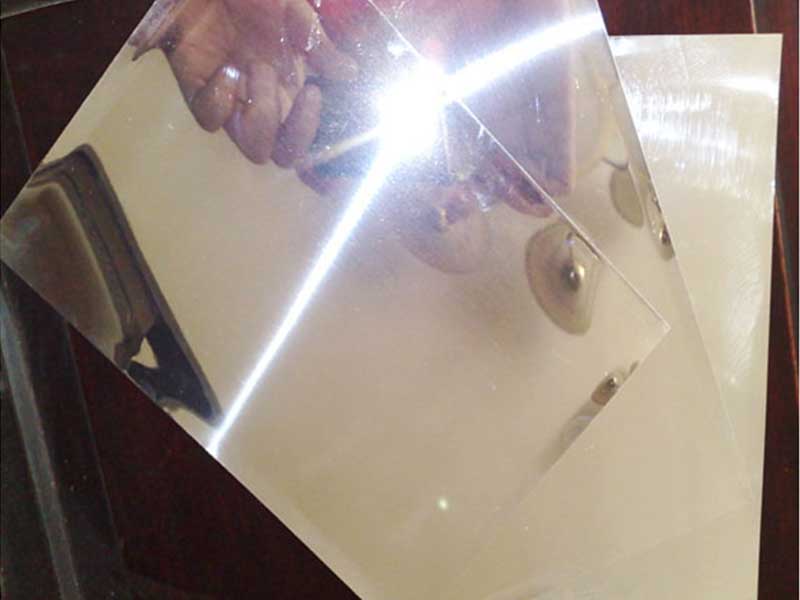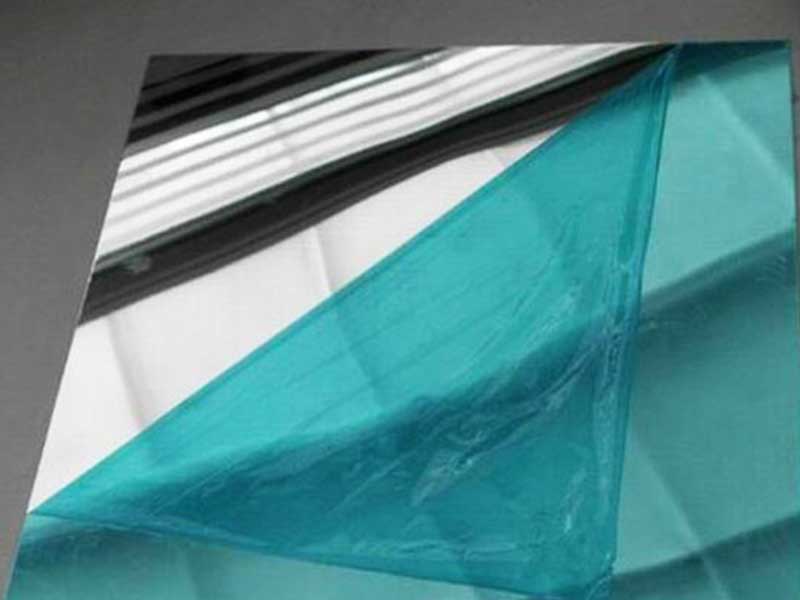1100 mirror aluminum plate
When we talk about aluminum plates, often the first thoughts are about strength, lightness, or corrosion resistance. However, there lies a silently gleaming superstar known as the 1100 mirror aluminum plate—a material that combines a host of practical qualities with a dazzling reflective surface.
What is the 1100 Aluminum Plate?
At its core, 1100 aluminum belongs to the 1000 series of aluminum alloys, which means it's chemically the purest aluminum you can get commercially—typically over 99% pure. Because it's essentially pure aluminum, it boasts excellent corrosion resistance, high ductility, and superior workability. However, the trade-off is that it is relatively soft compared to other alloyed aluminum materials.
The 1100 series mirror aluminum plate, with its high purity aluminum composition, presents a unique set of challenges and advantages in our manufacturing process. Its softness makes it highly susceptible to scratching and marring during handling and processing, demanding meticulous care at every stage, from initial shearing and milling to final polishing and packaging. We've found that optimizing our surface preparation techniques, particularly employing specialized polishing compounds and carefully controlled buffing speeds, is crucial to achieving the desired reflectivity. Even minor inconsistencies in these processes can result in significant variations in the final product's quality, impacting its suitability for applications demanding high optical precision. Minimizing surface defects is paramount, often necessitating the use of protective films immediately after polishing.
Furthermore, the inherent workability of 1100 aluminum, while beneficial for forming and shaping, requires careful consideration of annealing schedules to avoid unwanted stresses that could compromise the final mirror finish. We've learned to precisely control the annealing parameters to optimize the balance between formability and surface integrity. Case studies have shown that variations in annealing temperature and duration can significantly impact the final reflectivity and susceptibility to surface imperfections. This emphasizes the need for rigorous quality control measures throughout the manufacturing process, from raw material inspection to final product testing, to ensure consistent production of high-quality 1100 mirror aluminum plates that meet the stringent demands of our clients.
That softness actually plays into its strengths, rather than against it, especially when considering operations like polishing and welding.
Decoding the “Mirror” Aspect
Mirror aluminum plates undergo a specialized finishing process to produce a reflective surface akin to glass mirrors— for a metal sheet. Producing this mirror finish involves precise mechanical polishing, followed by buffing techniques that smooth out the surface to a level where it can reflect light vividly.
The technical precision isn’t just for aesthetics. The mirror finish lends exceptional reflectivity, achieving efficiencies upward of 85-90% in reflecting visible light. In fact, this reflective prowess makes 1100 mirror aluminum plates valuable in specialized applications like:
- Solar energy concentrators: Magnifying and directing solar rays.
- Lighting fixtures: Enhancing illumination with minimal light absorption.
- Decorative architectural touches: For facades, interior design, and art installations.
- Food and pharmaceutical processing: Where a bright, clean, and hygienic finish is desired.
Why Choose 1100 Mirror Aluminum Plate Over Other Materials?
From a practical viewpoint, one might ask, why go with a pure aluminum mirror finish when stainless steel or glass mirrors are options? Here’s where 1100 aluminum shines uniquely:
Ease of Fabrication: Its softness means it's easier to cut, shape, bend, or weld without the need for heavy machinery or special processes. This gives custom fabricators flexibility and speed.
Corrosion Resistance: Unlike steel which needs coatings to stay rust-free, 1100 aluminum naturally resists oxidation and environmental corrosion. Its mirror finish also helps rinse off contaminants easily, maintaining cleanliness.
Light Weight: At about one-third the density of steel, installations that use mirror aluminum plates benefit from drastically reduced weight loads, saving on structural and handling costs.
Cost Efficiency: 1100 aluminum plates often come at a more modest price compared to stainless steel, offering reflective benefits without the premium.
Recyclability: Aluminum is highly recyclable, which aligns with sustainable project goals—especially when using mirror finished aluminum which can be reused or repurposed.
Caveats to Consider
No material is perfect, and the 1100 mirror aluminum plate has its practical considerations:
Surface Susceptibility: Being quite soft, even mirroring the finish doesn’t impart scratch resistance. Careful handling and potentially protective coatings may be needed in high contact environments.
Strength Limits: For structural uses requiring high loads or abrasion resistance, 1100 alloy isn’t ideal. It's best suited for decorative, reflective, or lightweight functional components.
Final Thoughts: Beauty Meets Practicality
We often view reflective materials through an aesthetic lens, but the 1100 mirror aluminum plate illustrates how beauty and pragmatism blend seamlessly. It offers a reflective surface that's durable, workable, and lighter than glass or steel mirrors. Whether you are designing a solar furnace, a chic interior panel, or a hygienic surface, considering this alloy with its shining appeal may elevate both function and style.
So next time you admire a glossy reflective installation, think of how 1100 aluminum might be quietly at work—balancing purity, polish, and practicality beneath all that gleam.





